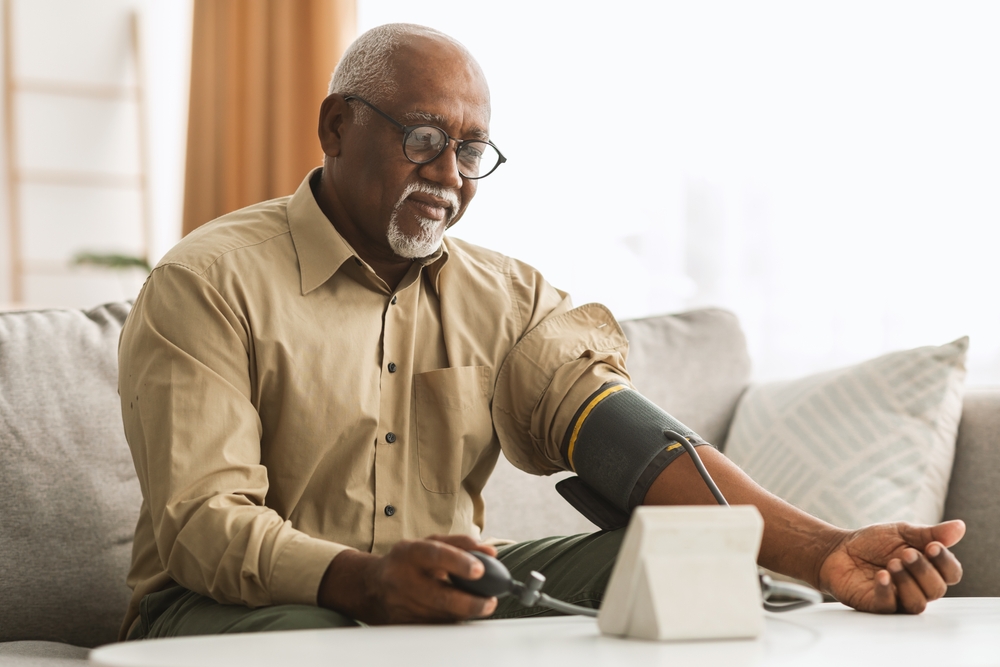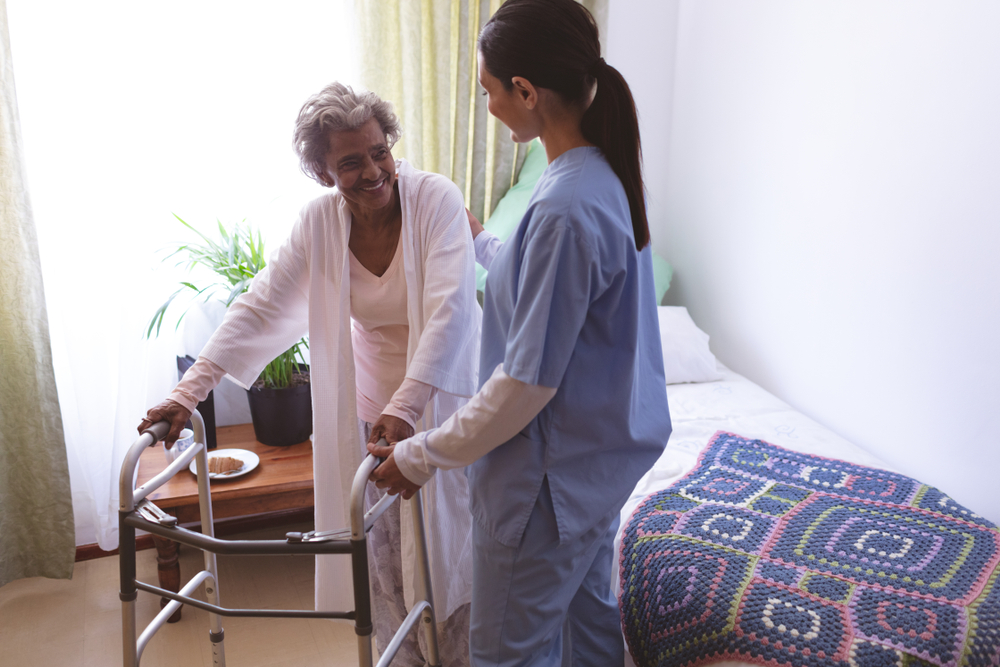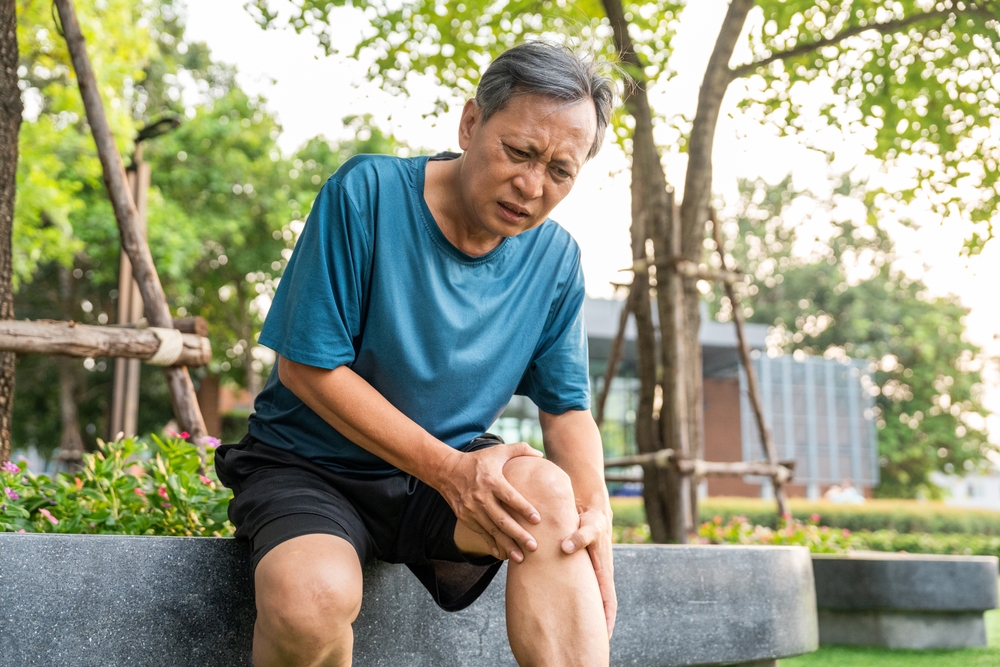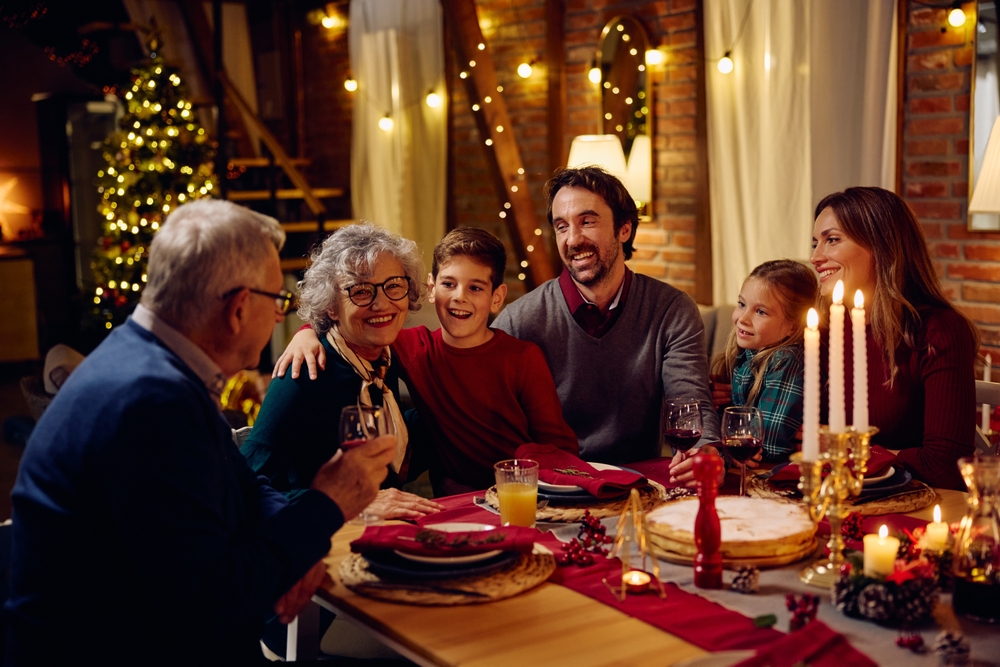High blood pressure affects nearly half of all adults but is especially common among the elderly with 60% of Americans over the age of 60 reporting high blood pressure.
Category:

Often called the “silent killer” — high blood pressure usually doesn’t cause obvious signs of illness. But if sudden high blood pressure in the elderly is left untreated, it can lead to serious health problems like heart disease, vascular dementia, and stroke.
The good news is that with lifestyle changes and medication, hypertension in the elderly can often be managed before it becomes a serious issue. In this post, we’ll break down the causes of high blood pressure in the elderly and give you tips on what to do if you notice a sudden rise in blood pressure in elderly patients.
What Causes High Blood Pressure in the Elderly?
The most common cause of high blood pressure in the elderly are the natural changes our vascular system goes through. As we age, our arteries get stiffer, making us more prone to high blood pressure.
This stiffening of the arteries may lead seniors to experience the most common form of high blood pressure in older adults —isolated systolic hypertension — which happens when the first number (systolic pressure) is 140 or higher, but the second number (diastolic pressure) is less than 90. Isolated systolic hypertension has been linked with serious health problems in addition to shortness of breath during light physical activity, lightheadedness upon standing, and falls. If you’re noticing signs of sudden high blood pressure in your elderly patient, take action immediately.
To learn more about how to help decrease the likelihood of falls, visit our website at Greater Temecula Providing Caregivers | Griswold (griswoldcare.com), call/text at 951-346-1352, or email at nolan.chandler@griswoldhomecare.com.
Subscribe
Date: October 24, 2024
Category:


